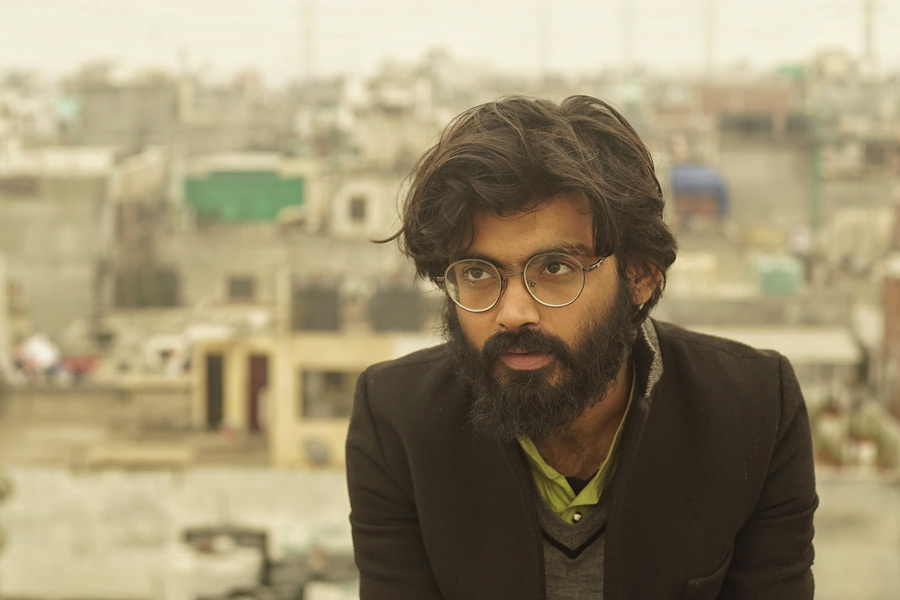The Delhi High Court on Monday sought the stand of the city police on student activist Sharjeel Imam's plea seeking bail in connection with a 2020 communal riots case involving allegations of sedition and unlawful activities.
A bench of Justices Suresh Kumar Kait and Manoj Jain issued a notice to the Delhi Police on Imam's appeal against a trial court order rejecting his bail application.
The counsel appearing for the accused said the trial court wrongly refused to grant him bail even though he has undergone more than half of the maximum sentence that can be awarded to him in case of a conviction.
As per the prosecution, Imam made speeches at Jamia Millia Islamia on December 13, 2019, and at the Aligarh Muslim University on December 16, 2019, where he threatened to cut off Assam and the rest of the northeast from the country.
Imam was booked in the case registered by the Delhi Police's Special Branch. The case was initially registered for the offence of sedition and section 13 of the Unlawful Activities (Prevention) Act was invoked later. He has been in custody since January 28, 2020, in the matter.
Imam claimed before the trial court that he has been in custody for four years and the maximum sentence for the offence under UAPA section 13 is seven years if convicted.
As per section 436-A CrPC, a person can be released from custody if he has spent more than half of the maximum sentence prescribed for the offence.
The trial court, while refusing to grant him bail on February 17, ruled that Imam's custody could be extended for a further period in "exceptional circumstances" after hearing the prosecution's case.
In 2022, the trial court framed charges against Imam under sections 124A (sedition), 153A (promoting enmity), 153B (imputations prejudicial to national integration) and 505 (statements conducing to public mischief) of the IPC and section 13 (punishment for unlawful activities) of the UAPA.
In the order, the trial court had said Imam delivered various speeches in Delhi, Aligarh, Asansol and Chakband, which incited people and ultimately triggered communal riots in different parts of Delhi.
"The contents of the speeches clearly show that the applicant incited the public to do chakka jams and block the cities. Particularly, in the speech dated January 16, 2020, as delivered at Aligarh Muslim University (AMU), the applicant said that if a particular number of people are organised, the northeast part of the country can be permanently or temporarily cut," it had concluded.
It also stated that although Imam did not ask anybody to pick the weapons and kill the people, his speeches and activities mobilised the public which disrupted the city and might have been the main reason for the outbreak of the riot.
The trial court had also said while it cannot take into consideration section 124A of the IPC, "if the acts and actions of the applicant are considered, they can be termed as seditious in a normal dictionary meaning".
On May 11, 2022, the Supreme Court stayed till further orders the registration of FIRs, probes, and coercive measures for the offence of sedition across the country by the Centre and the states until an appropriate forum of the government re-examines the colonial-era penal law.
The matter will be heard next in April.
Except for the headline, this story has not been edited by The Telegraph Online staff and has been published from a syndicated feed.










